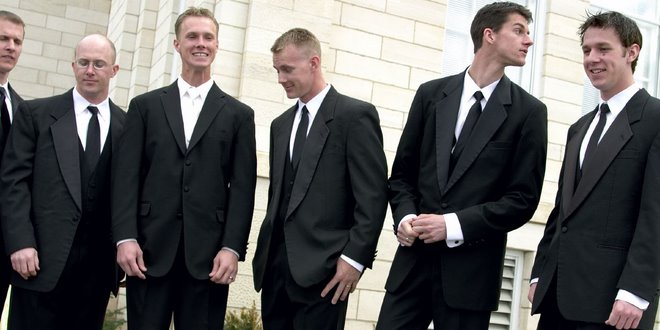"Massacre at Mountain Meadows"
 by Ronald W. Walker, Richard E. Turley Glen M. Leonard
by Ronald W. Walker, Richard E. Turley Glen M. Leonard
I read article in today's Deseret News about a newly published book. One quote from Philip Barlow in the article reads, "Mormons are going to be reminded that church is made up of human beings. The church needs to be conceived by its members as not essentially divine with a few freckles and warts, but as a group of people — fully human — trying to respond to the divine. I think there might be a mental paradigm shift to come to terms with the full humanity of the church as responding to the divine rather than being divine."
The Oxford University Press web site has four short peer reviews. Here is one:
"The authors of Massacre at Mountain Meadows have written the best researched, most complete, and most evenhanded account of the Mountain Meadows incident we are likely to have for a long time. Above all they tell a gripping tale. Though I knew the end from the beginning, I began to sweat as the narrative approached its fatal climax. The authors won't let us turn our gaze away from the horrors of that moment." --Richard Bushman, Howard W. Hunter Chair of Mormon Studies, Claremont Graduate University




2 comments:
There is one powerfully important element left out of every Mountain Meadows discussion, and I've studied this topic deeply, both formally as a BYU student and personally as a scholar. This is the point (stated in question format): Why does the Mountain Meadows massacre have to define frontier Mormons, and most strangely, Mormons of today? There are particular events which transpire in the world that our modern age has slipped into the strange pattern of casting as definitions of people, nations, religions, or cultures. For some reason, terrorism has come to define Islam - why do a few overzealous and disturbed religious extremists override the tens of millions, even hundreds of millions some might argue, of Islamic people who are, like you and me, trying to live a productive and peaceful life?
It is a strange, but unvisited, element in every Mountain Meadows massacre piece of literature - this insistence that this singular event among a miniscule percentage of a frontier population of Mormons should define the Mormons of their time and even the Mormons of our time.
If the purpose of this book is to rationalize, in any way, and overgeneralize, in any way, Mountain Meadows as a reflection of Mormons being elementally human in the midst of trying to live divinely, then it is just another failure to move past what every argument before it has stuck on - both those in favor of Mormons and those opposed to Mormons.
The horrors of that momentary occurence have nothing to do with the larger Mormon population, both of that time and ours. Period.
Joe ... inciteful and well-worded.
Though enemies of the Church would have us believe otherwise, the massacre does not define Brigham Young or the Church or its members then or now.
It was a tragedy for which God alone can judge the perpetrators.
Jeremiah wrote: "Therefore thus saith the Lord, Behold, I will lay stumblingblocks before this people, and the fathers and the sons together shall fall upon them; the neighbour and his friend shall perish."
This tragic event is one of those stumblingblocks by which those of little or no faith fall and perish.
Post a Comment